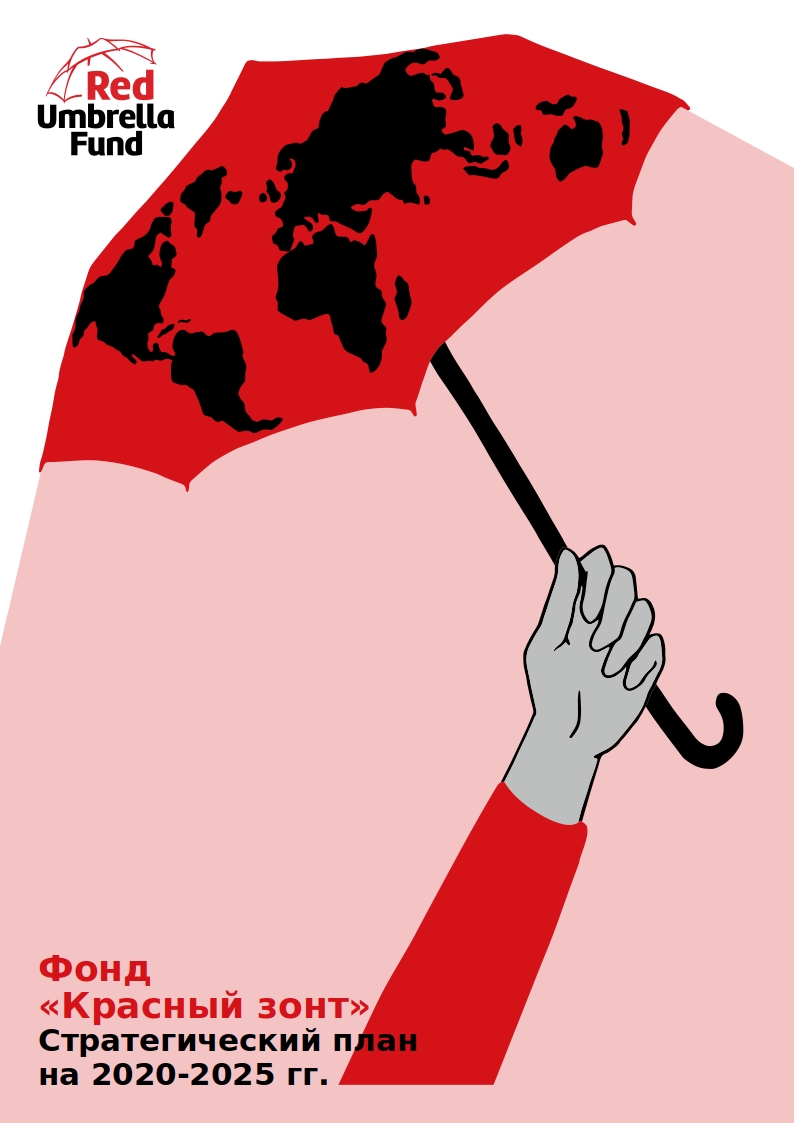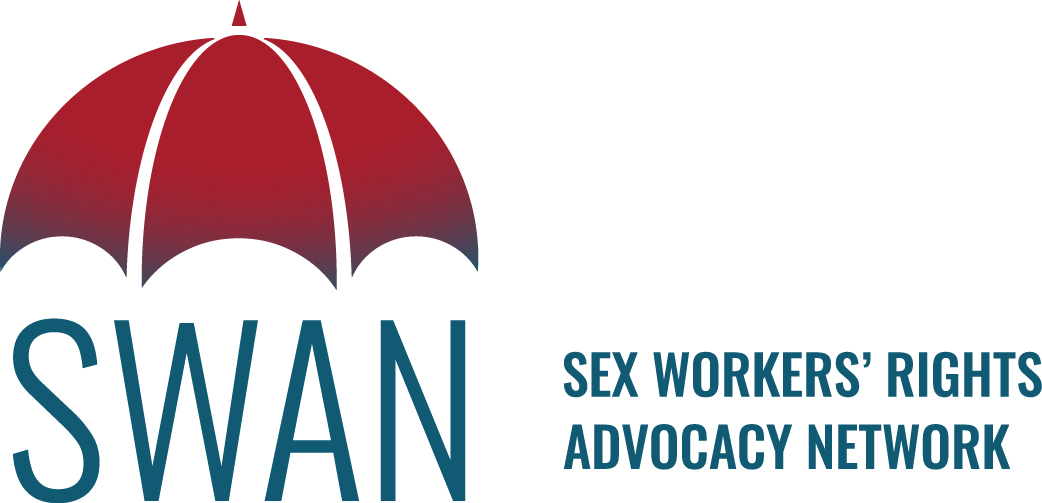The 2021–2022 Global Resources Report: Government & Philanthropic Support for Lesbian, Gay, Bisexual, Transgender, and Intersex Communities is the most comprehensive report to date on the state of global funding for lesbian, gay, bisexual, transgender, and intersex (LGBTI) issues. This report documents data on over 20,000 grants awarded by nearly 1,300 foundations, intermediary NGOs, and corporations and by 16 donor government and multilateral agencies to over 8,000 grantees during the two-year period of 2021–2022.
Spanish & French will be available in September 2024.
LGBTI communities worldwide face urgent conditions, and grantmakers must mobilize together to financially resource the movements that can meet those needs. This report provides the data to make the case for strategic and impactful funding.
Building on four previous editions, and now documenting a combined 10 years, this new edition documents a total of $905 million, showing that global LGBTI funding grew by 57%, or over $329 million (USD). This increase is a success for our movements, reflecting years of dedicated advocacy by LGBTI civil society, philanthropy, and others committed to LGBTI human rights. At the same time, the increase is not distributed equitably across geographies, populations, issues, and other elements of global LGBTI movements. For example, country-focused funding has decreased in 60 countries since the previous report. The report also finds that LGBTI funding maintains extremely low levels when considered in comparison to broader philanthropic and government funding and the scale of funding for anti-LGBTI organizations. The report provides detailed data on the distribution of LGBTI funding by geography, issue, strategy, population focus, donor type, type of support, and more – offering a tool for identifying trends, gaps, and opportunities in the rapidly changing landscape of LGBTI funding.
View










